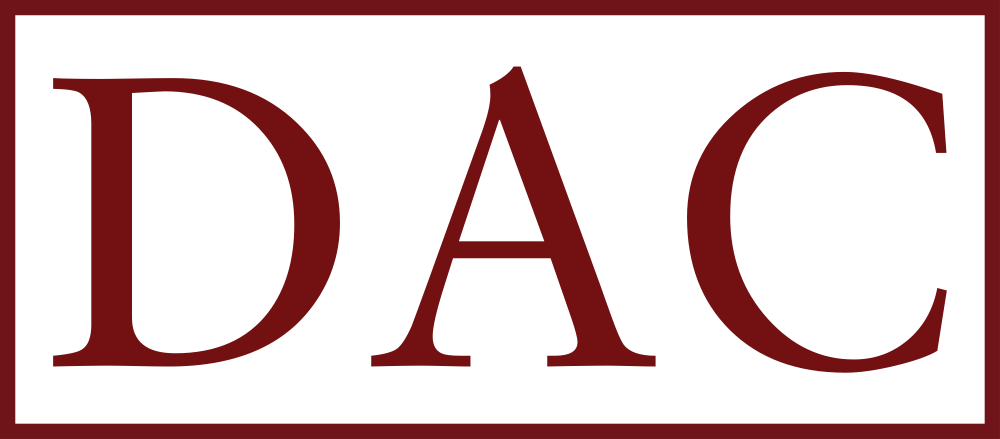The People’s Bank of China’s first benchmark interest rate cut since 2012 will aid the property market and shore up lenders, after the biggest jump in bad loans in nine years.
New-home prices dropped in October in 67 of 70 major cities and housing sales slumped 10 percent in the first 10 months from a year earlier, official data showed this week. Bad loans surged 10 percent last quarter, the most since 2005. Five-year AAA bank bonds have slumped in the past week, widening their yield spread over the sovereign to 1.17 percentage points from a five-year low of 1 percentage point on Nov. 14.
The PBOC reduced the one-year lending rate by 40 basis points to 5.6 percent, more than the 25 basis point cut in the deposit rate, suggesting mortgages are the target. The central bank had said selective easing would be enough to revive the world’s second-largest economy and had pumped 769.5 billion yuan ($126 billion) into money markets since September.
“Given that lending rates apply only to mortgages and policy bank loans, the impact will be primarily on the real estate market, which is the weakest point in the economy,” said Dariusz Kowalczyk, an analyst at Credit Agricole CIB in Hong Kong. “Targeted measures were not enough.”
Data released Nov. 13 showed the economy’s slowdown deepened in October. Factory production rose 7.7 percent from a year earlier, the second weakest pace since 2009. Consumer prices increased 1.6 percent, while producer prices slumped 2.2 percent. Retail sales gains also missed economists’ forecasts.
“The cut is mainly to lower financing costs and reduce financial risks,” said Wang Tao, UBS AG’s head of China economic research in Hong Kong. “Real interest rates have moved up significantly with slowing growth and inflation, which hurts corporate cash flow and balance sheets and threatens to increase non-performing loans.”
Soured Loans
The yield on China Construction Bank’s 2019 notes rose to 2.98 percent before the rate cut today from an all-time low of 2.87 percent on Oct. 16, data compiled by Bloomberg show. A slumping property market and rising corporate debt raise risks in the banking industry, Standard & Poor’s said on Nov. 19.
PBOC cash injections into selected banks failed to spur a pickup in lending. Aggregate financing in October was 662.7 billion yuan, down from 1.05 trillion yuan in September. New yuan loans were 548.3 billion yuan, down from 857.2 billion, official data show. The China Banking Regulatory Commission said nonperforming loans rose 72.5 billion yuan in the third quarter from the previous three months to 766.9 billion yuan.
Slowdown Bites
Banks are relying on rising profits to handle delinquent debts. Industrial & Commercial Bank of China Ltd. (1398), the world’s largest lender by assets, said net income rose 7.7 percent last quarter to 72.4 billion yuan, even as it reported the biggest jump in bad loans since at least 2006.
Bad debts in China are underestimated and the worst is yet to come as the economy slows, Philip Groves, founder of Chicago-based hedge fund DAC Management LLC focusing on distressed credit, said last week. Sinosteel Corp., a state-owned mining company, reported financial difficulties in September. Zhejiang Xingrun Real Estate Co. collapsed in March. The government is cracking down on shadow banking, in which lenders shift financing activity off their balance sheet.
Weaker lenders have shown more signs of stress. The yield on one-year bank bonds rated AA jumped 23 basis points this week to 4.63 percent on Nov. 20, widening its spread over the sovereign to 1.41 percentage points from 1.26 points a week ago.
Liquidity in the interbank money market has tightened ahead of share sales. The seven-day repurchase rate rose 30 basis points this week to 3.5 percent, the highest since Sept. 2. Nanjing Port Group Co. canceled a planned 200 million yuan bond sale last week, citing market volatility.
“What they are doing is reducing the cost of credit but not necessarily increasing the amount of credit available to the economy,” said Mark Williams, chief Asia economist at Capital Economics in London.
To contact Bloomberg News staff for this story: Kyoungwha Kim in Singapore at kkim19@bloomberg.net; Kevin Hamlin in Beijing at khamlin@bloomberg.net
To contact the editors responsible for this story: Sandy Hendry at shendry@bloomberg.net; James Regan at jregan19@bloomberg.net Robin Ganguly

